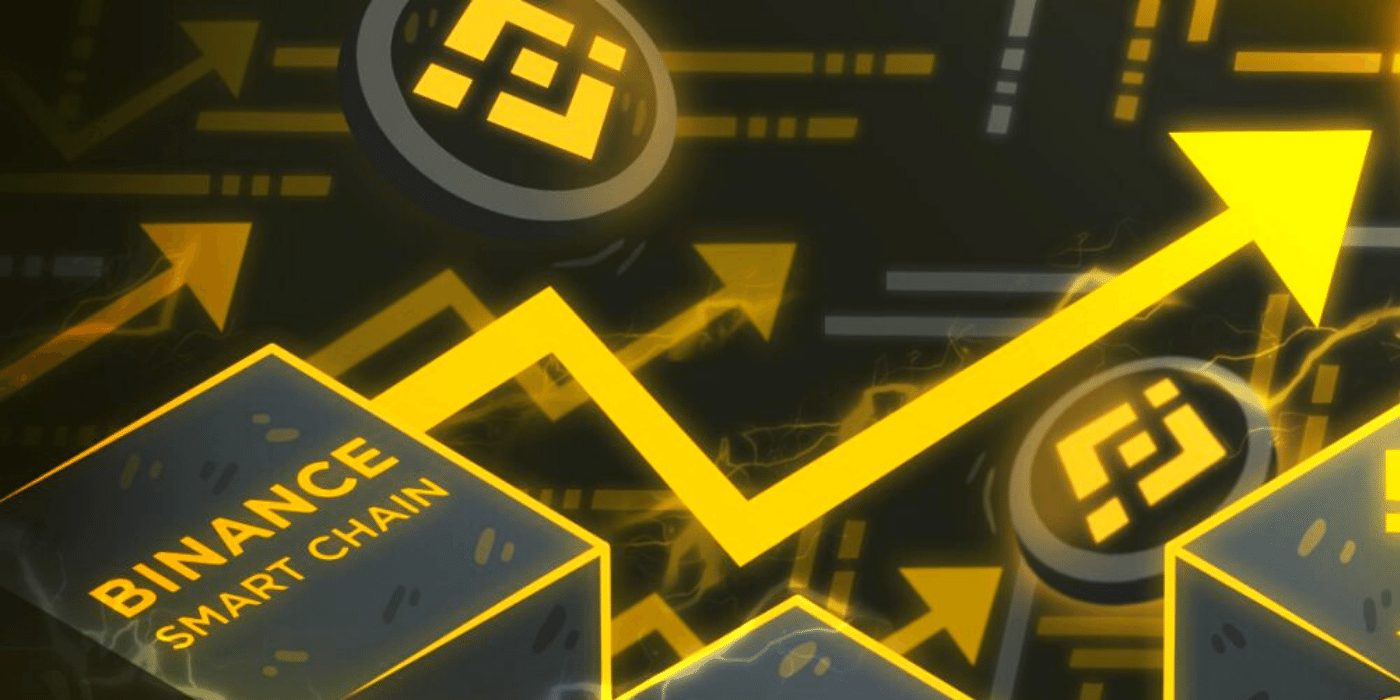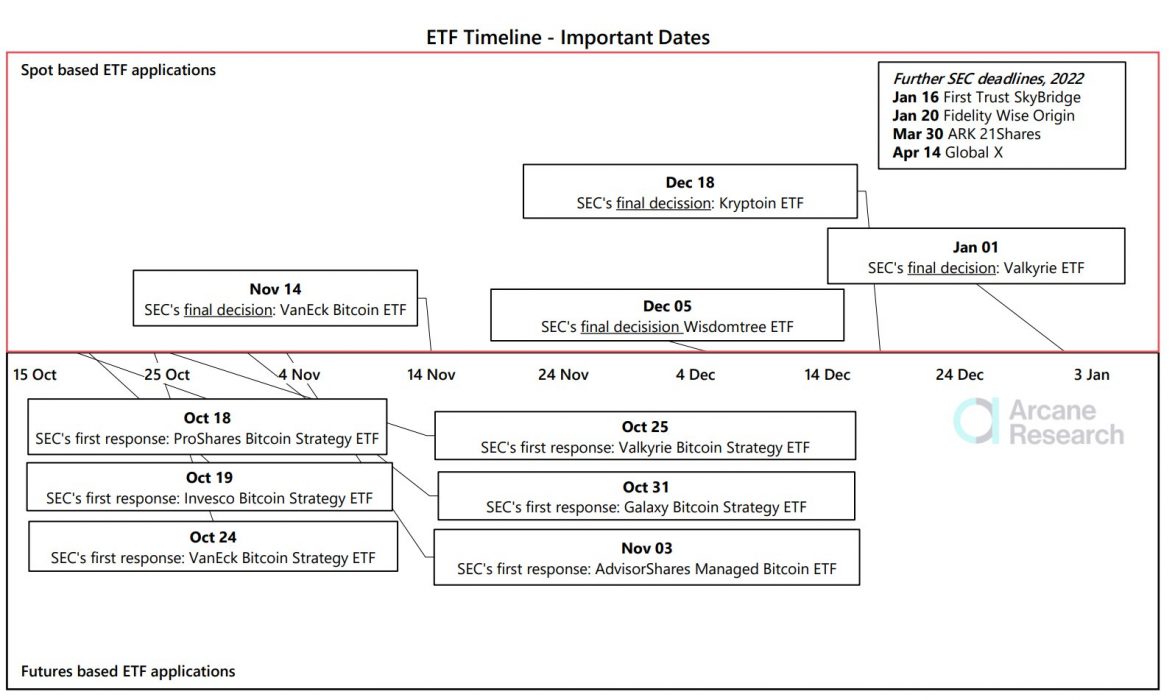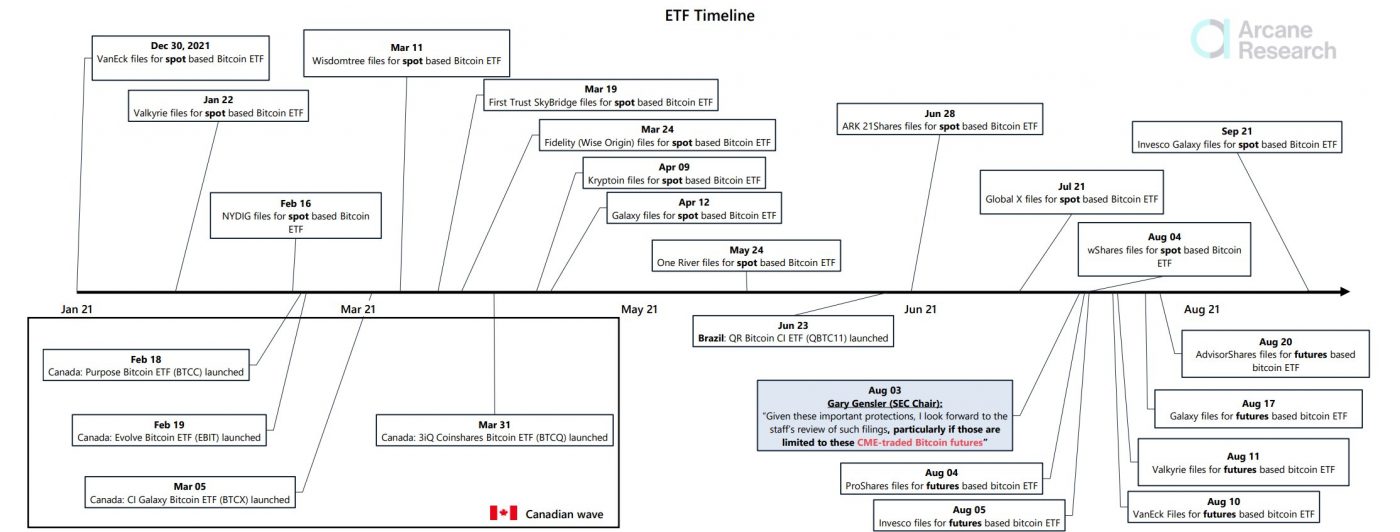Australian crypto exchange ACX came in for criticism “multiple times” last year from concerned traders and users who reported they were unable to withdraw funds.
Now the developer of the failed ACX trading platform, Blockchain Global (BGL), has entered voluntary administration, owing creditors A$21 million.
BGL has variously claimed to be the developer, operator and owner of ACX. Administrators were appointed on October 19, less than a month after BGL was ordered to disclose its assets by Victorian Supreme Court Justice Peter Riordan.
$12.3 Million Shortfall in BGL Assets
Sam Lee, CEO of BGL, claims to have stepped down as a director in March 2019 but he retains ownership of the brand. A preliminary administrators’ report dated October 24 revealed a $12.3 million shortfall in assets.
It’s a business decision for existing directors that it is in the best interest of creditors and shareholders to wind up the company. I abstained from all decision-making after my appointment as I didn’t have enough visibility to make informed decisions.
Sam Lee, CEO, BGL
According to the preliminary administrators’ report, BGL has A$8,264,764 in assets including A$5,729,175 in crypto spread across bitcoin, ethereum, MobileGo and XEM, plus A$1.3 million in shares along with another A$1 million in cash held in accounts with the Bank of Melbourne.
The value of BGL’s assets and uncollected debts, however, is far exceeded by its creditors. Since ACX ceased trading and froze the accounts of its users in March last year, an estimated 200 investors – who are understood to have lost as much as A$10 million – have been kept in the dark.
ACX Banned For Life, Digital Currency Licence Revoked
ACX was banned for life by the peak industry body while the financial intelligence regulator AUSTRAC revoked its digital currency licence. Many of those investors have since given up hope of ever getting their money back.
One of them, University of Queensland research fellow Khaled Said, invested “a few thousand dollars” in popular currencies such as Ripple and Ethereum with ACX during the first bitcoin boom in 2017. He lost interest during a downturn but returned to the platform when prices began to recover in 2019, only to find he was one of many who could put money into ACX but could not take it out.
As far as we can tell there are 10 or 20 [investors] who lost a lot, who lost more than half a million, and the rest are people like me who lost a few thousand each.
Khaled Said, ACX investor and creditor
‘Nobody Wants to Take the Case’
Investors say the collapse of the platform has been reported to the Australian Securities and Investments Commission, the Australian Competition and Consumer Commission, the Federal Police, various state police, the Australian Signals Directorate’s Cyber Crime Unit and several members of parliament.
Said personally reported his loss to ASIC in August 2020. He was sent a few links to fact sheets and has not heard anything since. “Nobody is willing to take our case, which is really concerning,” Said complains.














